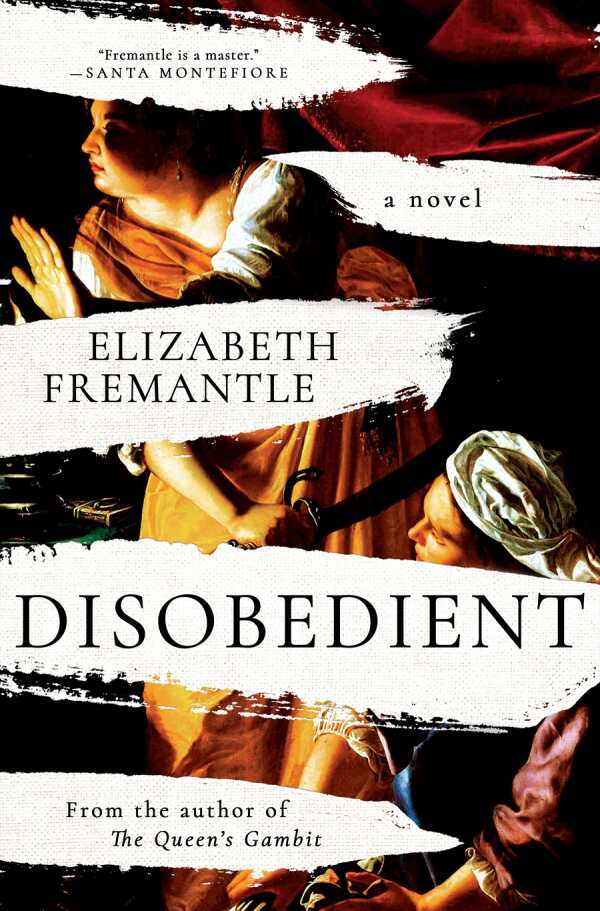Disobedient
In Elizabeth Fremantle’s historical novel Disobedient, an artist fights for freedom and restitution.
Rome is buzzing. The talent of young painter Artemisia Gentileschi defies all expectations. The quality of her work has already surpassed that of her father, renowned painter Orazio Gentileschi. But young women in seventeenth-century Italy are expected to become wives and mothers, not artists.
Headstrong and dedicated to her art, Artemisia perseveres. She rebels against her jealous, drunken father, who takes credit for her work. She turns down marriage proposals she is meant to accept.
In the hopes of securing himself a son-in-law, Orazio introduces Artemisia to fellow painter Agostino Tassi. When the two are left alone, Tassi rapes Artemisia to win a wager with a friend. To restore the Gentileschi family honor, Orazio presses charges against Tassi. But the outcome of the trial is far from certain. In a society where women are accused of causing the violence perpetrated against them and are forced to marry their rapists in the name of honor, the personal and artistic freedom Artemisia fought for all her life is at stake.
Based on real-life events, Disobedient is narrated from Artemisia’s perspective. One of the few women of her time to be given an opportunity to work as a painter, Artemisia is still considered one of the most important artists of the Baroque era. Because of her work and her victory in the trial against Tassi, she is also seen as one of the forebears of modern feminism. Still, some of the book’s attitudes toward religion and LGBTQ+ people, and Artemisia’s view of herself as a woman in society, seem anachronistic.
Though it is brisk, at times just skimming the surface of Artemisia’s inner life and art, the historical novel Disobedient honors the artist’s perseverance and fight for artistic freedom.
Reviewed by
Erika Harlitz Kern
Disclosure: This article is not an endorsement, but a review. The publisher of this book provided free copies of the book to have their book reviewed by a professional reviewer. No fee was paid by the publisher for this review. Foreword Reviews only recommends books that we love. Foreword Magazine, Inc. is disclosing this in accordance with the Federal Trade Commission’s 16 CFR, Part 255.

